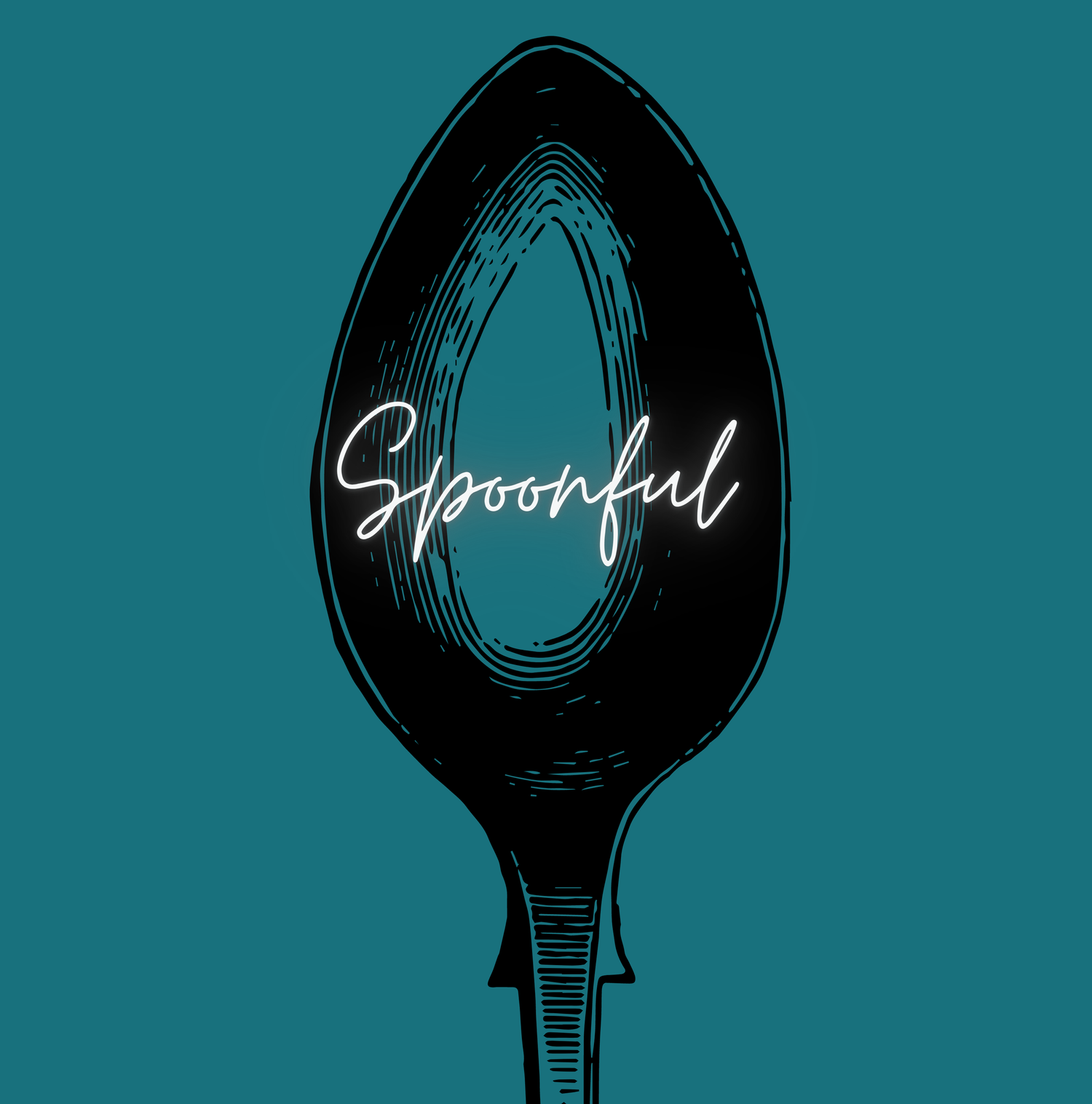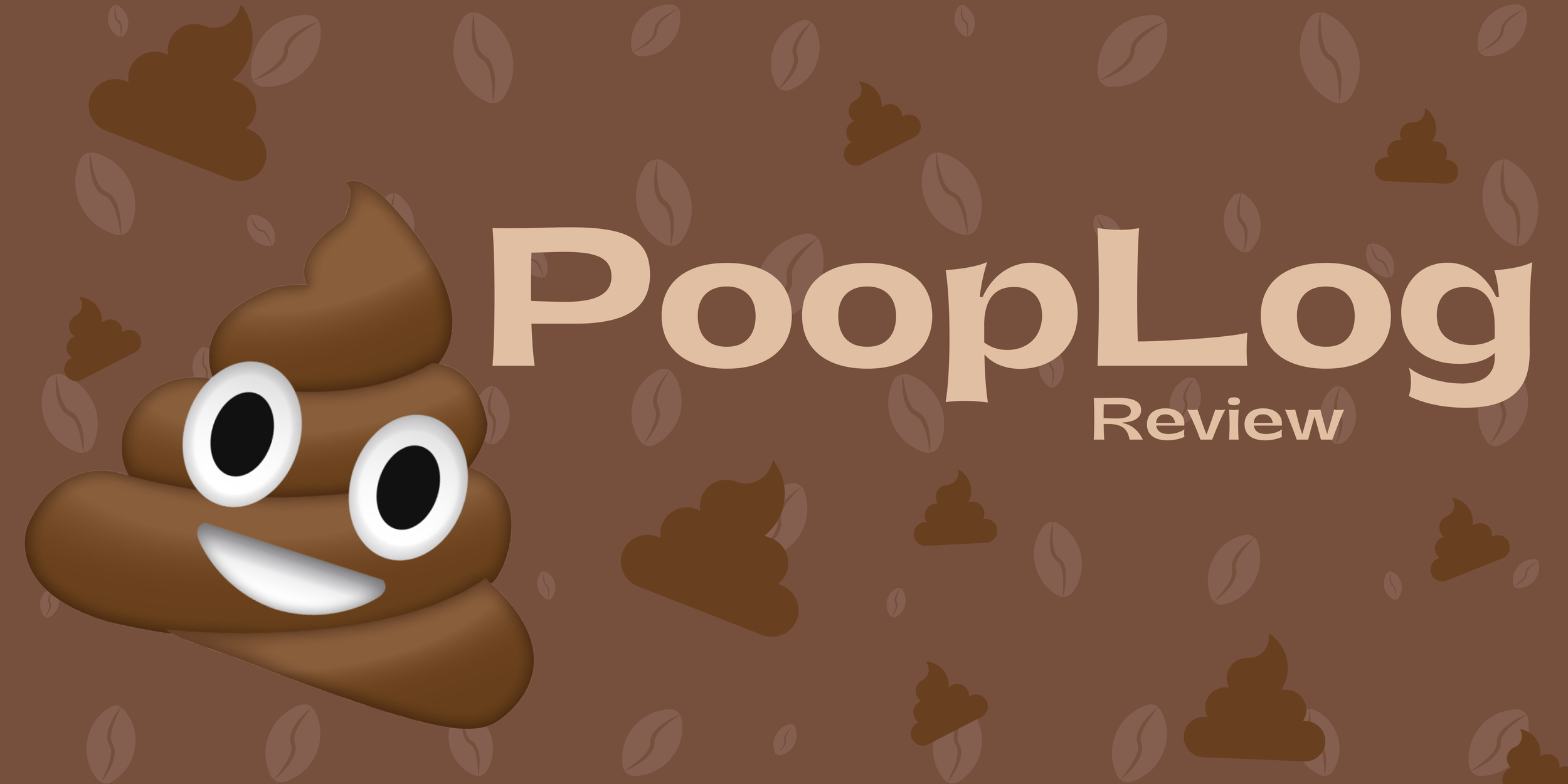PoopLog Review
Everyone poops; we’ve read the book.
If you were an Ichthyosaur in the Mesozoic Era, your poop would have been considered a major find by paleontologists!
Though poop is gross, it's natural and we can learn a lot from it - even if we're not extinct reptiles. Though everyone should be familiar with their typical bowel habits, it's even more important to familiarize yourself with the kids you drop off at the pool if you have a medical condition, particularly gastrointestinal and/or neurological conditions.
As with many things - there's an app* for that!
*only available for Android, not available on iPhone. Creator notes that they don't plan to ever create an Apple app. There are other apps that are available for Apple devices, but I haven't used them. This is the most thorough one I've used.
Bristol Stool Chart
Before getting into the review, we need to be familiar with the "Bristol Stool Chart". This was developed by the Bristol Royal Infirmary in 1997 to classify bowel movements into 7 types based on appearance and texture:
Hard, separate lumps - sometimes described as looking like rabbit poops or hard nuts. Constipation
Hard, lumpy sausage - similar to type 1 but stuck together. Mild to moderate constipation
Firm sausage with cracks and lines on the surface. Within normal range, but approaching constipation
The ideal smooth, soft (but still well formed) snake shape
Soft blobs that still have a noticeably formed shape. Within normal range, but approaching diarrhea
Mushy stool that still has some solid pieces, but not in a formed shape. Mild to moderate diarrhea
No solid pieces and all liquid. Diarrhea
This chart has been adopted internationally as a diagnostic and research tool. It's particularly helpful for fellow gastrointestinally challenged people. However, I do recommend that everyone be at least somewhat familiar with it, regardless of health.
PoopLog
Many of the pictures have a lot of text. I have created a document with the text for those using screen readers. I will link it to the pictures as well, but it can be found here.
The basics
The developer, Kevin, suffers from an unspecified gastrointestinal condition that requires him to track his bowel movements. Like I did in college, he began recording his bowel movements in a notebook. He began recording them in a spreadsheet, but decided to create an Android app to track it - as he often had his phone with him during that anyway.
I'm truly impressed by the sheer amount of features the app has! The "overview" section that's visible when you first open the app is very detailed and provides you with current trends in bowel movements such as: total entries, days with multiple entries, time since the last entry, time of day of bowel movements, trends in the last week and the week prior to that; shortest, longest, and average time in between entries; and a note of other things entered.
The attention to detail is impressive and continues impressing as you continue to use it. Beyond the overview, entries are detailed, you can view the history of entries in a calendar, create a report for your healthcare providers, and view trends.
Entries
Numerous options exist for what you can record:
Type based on Bristol Stool Chart*
Volume*
Time of day*
Sense of urgency
Cramps
Pain level
Medication
Notes
Location (he was specifically asked to add this)
Color
Mucus content
Blood content
Corn content
Picture (another one he was asked to add…. oddly)
Prior discomfort
Headache
Fever
Nausea
Backache
Evacuation completeness
*required
It's very detailed. Each one has options like: a sliding scale for levels and volume, yes/no options, calendar and clock selections, multiple options to choose from, options to attach a photo (why?!), and ability to type a note.
At the top of the entry creation, it asks you to select the type using the Bristol Stool Chart and includes a picture of each type with a brief description.
History
PoopLog has a "history" section that displays a marked calendar with an icon corresponding to each type. This has been extremely helpful for me to check if something is changing with my bowel habits and allow me to alter my diet accordingly.
I have "mixed" type IBS and gastroparesis, both of which affect my bowels. With this - and some medication changes - I've been able to regulate my bowels and anticipate a disruption before it becomes abnormal. If I notice that I have type 3 stools, I decrease the amount of insoluble fiber; often this prevents me from progressing to type 1 or 2. In fact, thanks to diligent recording, I haven't had type 2 since February 25, 2023!
I caught the "stomach flu" that's going around my town, so we won't discuss the opposite types right now…
Trends
For those that prefer visuals, the "trends" section creates graphs with the entries. "Trends" graphs entries by type, volume, and time of day using pie charts and bar graphs. It also creates monthly scatter plots for volume and type.
Reports
Lastly, the app allows you to create a report for healthcare providers. It allows for three different types of reports: plain text, CSV (format allowing it to be opened with other apps and added to many medical charting systems), and HTML (can be viewed in a web browser).
These are particularly helpful in times when you're in the process of finding a diagnosis, changing medication(s), or even just tracking a medical condition. I've given these reports to my gastroenterologist, who was very pleased with my progress and ability to keep track of my health and be proactive!
Final Thoughts
Though I was initially put off by the idea of having an app on my tablet that was entirely dedicated to my poops, it's been an extremely useful tool that has allowed me to prevent flare ups - or at least be able to track their severity.
Though I'm not any type of dinosaur, noting observations about my poop has proved to be valuable. I still feel a little strange recording this - but I can say that I haven't ever used the picture option. I don't plan to either.










